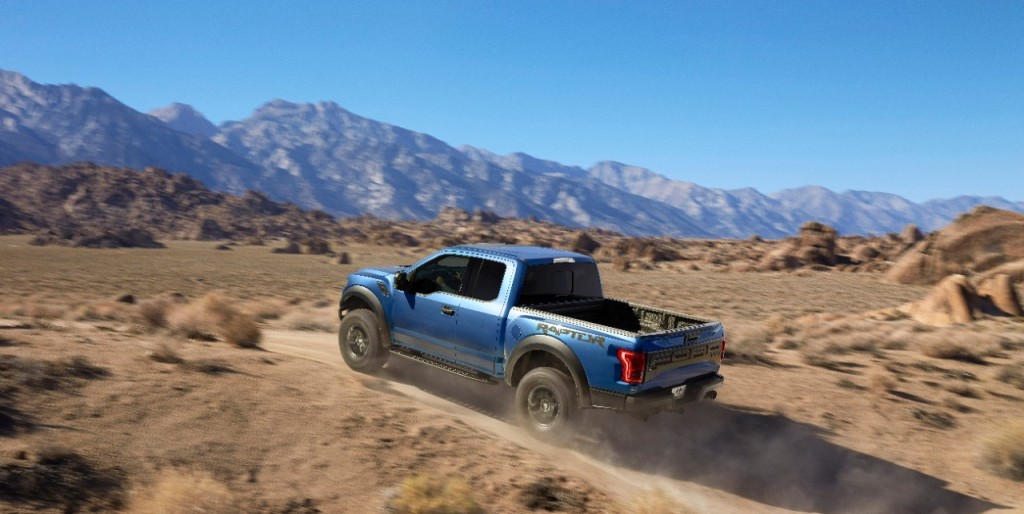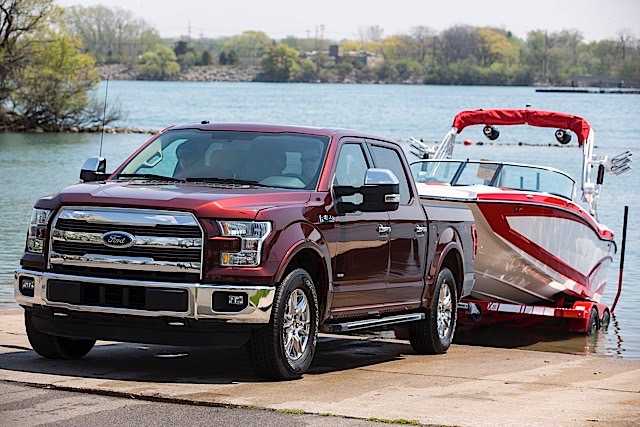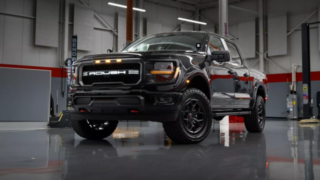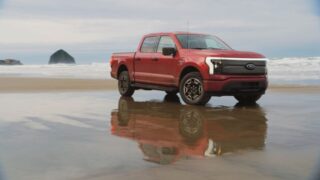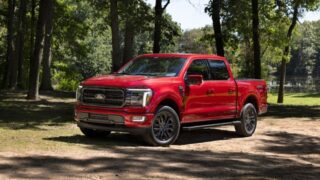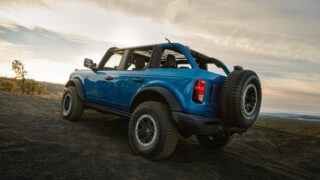Trailer Backup Assist is Why OEMs Need Copyright Protection
Much has been made about a recent story of automobile makers wanting to make it illegal to work on your car. If there isn’t a bigger click bait headline than that, I’m not sure what is. But implementing Digital Millennium Copyright Act (DMCA) protections on vehicle software would make it difficult for aftermarket tuners to do their jobs, it’s also needed to protect the intellectual property that these OEMs have invested in the vehicles.
Let’s take a look at a practical, recent example. Ford’s Pro Trailer Backup Assist (PTBA) is designed to make backing up a trailer a breeze, especially for people who might not have a lot of experience yet. It takes advantage of many of the components of the truck to steer and guide the trailer into place.
The problem is that most of this technology is software. The backup camera is already in place. The connection to the trailer is already in place. The electric power steering is already in place for the computer to take control (it’s how automatic parallel parking works). Basically, all the components and sensors are already on the truck as part of other technologies.
The other truck manufacturers have similar technology already available in their trucks. Yet, it took Ford nearly 8 years to make it all work. And, other than the new knob on the dash, is almost entirely software.
In order for the system to work, a software algorithm locates a black and white checkered sticker placed on the tongue of the trailer by using the rear-view camera.
Before the system can work, the owner must measure certain distances from the truck to the trailer so that the software can extrapolate how big the trailer is overall, and which steering actions to take at what time based on driver input. While it’s easy for a computer to figure this out, someone has to program the computer the first time to know what to do.
That takes time, money, resources, and talent. And presumably lots of Mountain Dew. But the point is without copyright protections in place, another manufacturer could buy a new truck with this technology, copy the code, and implement it in their next redesign.
The system is patented, which in theory would prevent another manufacturer from duplicating their work, but being able to see the source code would make it easy to reproduce the system, but make it just enough different to not catch the ire of the US Patent and Trademark Office.
Now that vehicles are becoming more and more an interconnected network of computers and sensors, a new approach is needed to protect that intellectual property. Nobody is saying you can’t change your own oil, swap brake pads, or install a cold air intake. They’re just saying that don’t want you decrypting the basic source code of the vehicle. Not only to protect themselves from competitors, but to also prevent you from making a change that makes the vehicle unsafe.
What do you think? Let us know in the forums!

